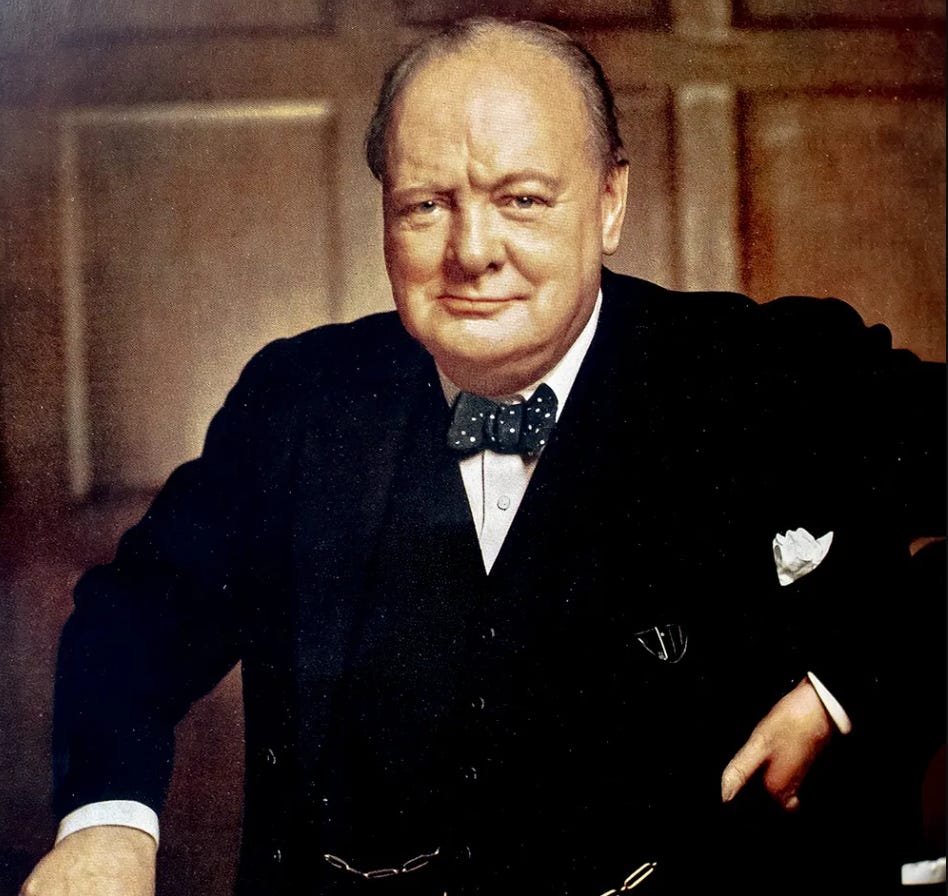"Success is not final, failure is not fatal: it is the courage to continue that counts."
Winston Churchill
"Success is not final, failure is not fatal: it is the courage to continue that counts."
Winston Churchill
Winston Churchill famously said, "Success is not final, failure is not fatal: it is the courage to continue that counts." Born on November 30, 1874, Churchill was one of the most influential British statesmen of the 20th century, known for his leadership during World War II and his oratory that inspired resilience during some of the darkest times.
This quote encapsulates Churchill’s personal philosophy of perseverance, a theme that defined his life and political career. The phrase "Success is not final" reminds us that reaching success doesn’t mean the journey is over or that future challenges won’t arise. Churchill, despite numerous accomplishments, understood that success is often temporary, and resting on one's laurels can lead to stagnation. He himself experienced this throughout his career, from his military service to his time as prime minister. Churchill achieved great victories, but he also faced political setbacks, such as being removed from office after World War II. Nevertheless, he refused to define himself by a single triumph or failure.
The second part, "failure is not fatal," reflects his belief that failure is not the end. Churchill was no stranger to failure; his involvement in the disastrous Gallipoli campaign during World War I is one example. However, instead of allowing his failures to define him or lead to defeat, Churchill saw them as learning opportunities. He believed that the true danger lies not in failure itself, but in giving up because of it. This idea emphasizes the importance of resilience in the face of adversity and aligns with the British wartime spirit he embodied, where setbacks were met with renewed determination rather than despair.
The final part, "it is the courage to continue that counts," is the core of the message. For Churchill, what truly mattered was the ability to keep moving forward, regardless of past successes or failures. In the context of war, leadership, and life, perseverance was key. Churchill understood that life is a series of ongoing battles, and the courage to continue fighting—despite obstacles—defines a person’s character and legacy. This perspective resonated powerfully during the Blitz, when Britain was bombarded but never surrendered, symbolizing the unbreakable spirit Churchill championed.
Ultimately, this quote reflects Churchill's enduring belief in perseverance as the cornerstone of success. It encourages a mindset of resilience, reminding us that neither success nor failure is permanent, but the will to persist through all circumstances is what truly defines us.


